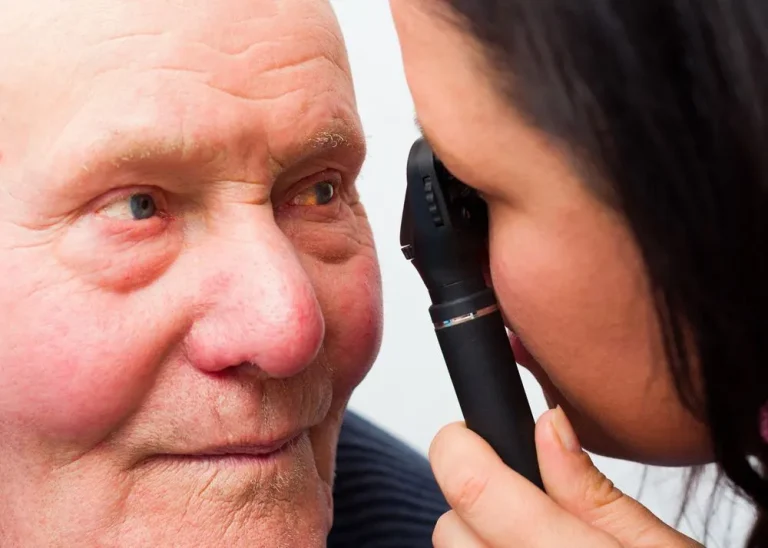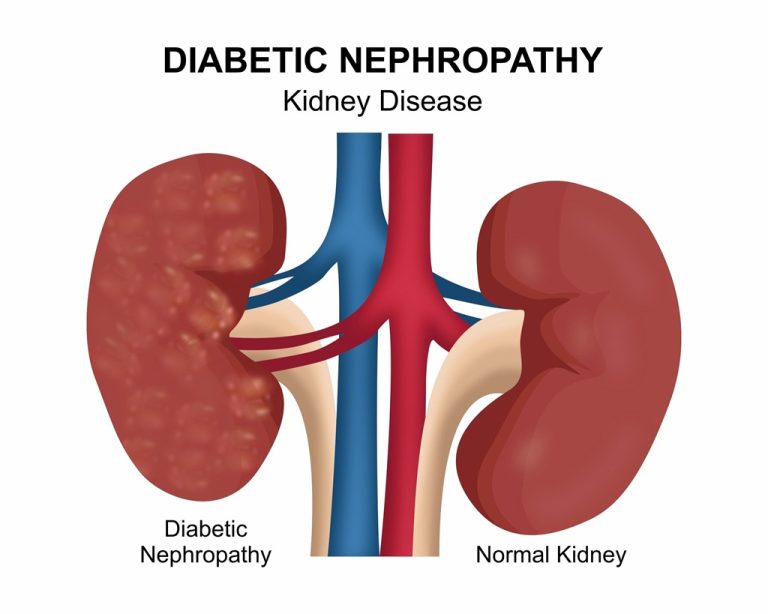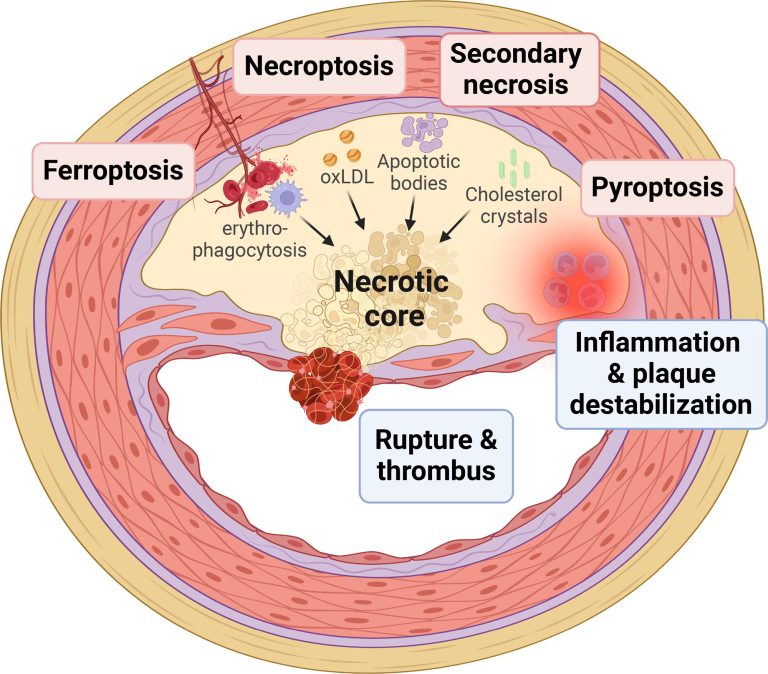
Hypertension: A Silent Killer
Hypertension, also known as high blood pressure, is a medical condition in which the blood pressure in the arteries is consistently too high.

It is a major risk factor for cardiovascular disease, stroke, and kidney disease. Hypertension is often referred to as a “silent killer” because it can cause damage to the body for years without producing any noticeable symptoms.
Causes of Hypertension
Hypertension is a complex condition, and there are several factors that can contribute to its development. Some of the main causes of hypertension include:
1. _Genetics_: Family history can play a significant role in the development of hypertension. If your parents or grandparents had high blood pressure, you are more likely to develop it.
2. _Age_: Blood pressure tends to increase with age. As we get older, our blood vessels become less flexible, and our kidneys become less efficient at removing excess salt and fluid from the body.
3. _Obesity_: Being overweight or obese can increase your risk of developing hypertension. Excess weight can put strain on the heart and blood vessels, leading to high blood pressure.
4. _Physical Inactivity_: A sedentary lifestyle can contribute to the development of hypertension. Regular physical activity can help to lower blood pressure and improve overall cardiovascular health.
5. _Smoking_: Smoking is a significant risk factor for hypertension. The chemicals in tobacco can damage the blood vessels and increase blood pressure.
6. _Diet_: A diet that is high in salt, sugar, and unhealthy fats can contribute to the development of hypertension.
7. _Stress_: Chronic stress can raise blood pressure and contribute to the development of hypertension.
Symptoms of Hypertension
Hypertension is often referred to as a “silent killer” because it can cause damage to the body for years without producing any noticeable symptoms. However, some people may experience symptoms such as:
1. _Headaches_: Frequent or severe headaches can be a symptom of hypertension.
2. _Dizziness or Lightheadedness_: Dizziness or lightheadedness can occur when the blood pressure is too high.
3. _Nosebleeds_: Frequent nosebleeds can be a symptom of hypertension.
4. _Fatigue_: Feeling tired or weak can be a symptom of hypertension.
5. _Shortness of Breath_: Shortness of breath can occur when the blood pressure is too high.
Diagnosis of Hypertension
Diagnosing hypertension typically involves a combination of physical examination, medical history, and diagnostic tests. Some common diagnostic tests include:
1. _Blood Pressure Measurement_: Blood pressure is measured using a sphygmomanometer.
2. _Electrocardiogram (ECG or EKG)_: An ECG or EKG measures the electrical activity of the heart.
3. _Echocardiogram_: An echocardiogram uses sound waves to create images of the heart.
4. _Urinalysis_: A urinalysis checks for protein, blood, or other abnormalities in the urine.
Treatment of Hypertension
Treatment for hypertension typically involves a combination of lifestyle changes and medications. Some common lifestyle changes include:
1. _Dietary Changes_: Eating a healthy diet that is low in salt, sugar, and unhealthy fats can help to lower blood pressure.
2. _Regular Exercise_: Regular physical activity can help to lower blood pressure and improve overall cardiovascular health.
3. _Weight Loss_: Losing weight can help to lower blood pressure and improve overall cardiovascular health.
4. _Stress Reduction_: Reducing stress through techniques such as meditation, yoga, and deep breathing exercises can help to lower blood pressure.
Some common medications used to treat hypertension include:
1. _Diuretics_: Diuretics help to remove excess fluid from the body, which can help to lower blood pressure.
2. _Beta Blockers_: Beta blockers slow the heart rate and reduce the force of the heart’s contractions, which can help to lower blood pressure.
3. _ACE Inhibitors_: ACE inhibitors block the action of angiotensin-converting enzyme (ACE), a chemical that constricts blood vessels and increases blood pressure.
4. _Calcium Channel Blockers_: Calcium channel blockers relax blood vessels and increase blood flow, which can help to lower blood pressure.
Prevention of Hypertension
Preventing hypertension requires making healthy lifestyle choices and managing risk factors. Some common prevention strategies include:
1. _Maintaining a Healthy Weight_: Maintaining a healthy weight can help to lower blood pressure and reduce the risk of hypertension.
2. _Eating a Healthy Diet_: Eating a healthy diet that is low in salt, sugar, and unhealthy fats can help to lower blood pressure and reduce the risk of hypertension.
3. _Regular Exercise_: Regular physical







